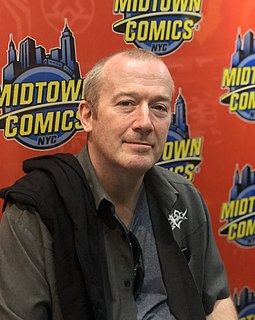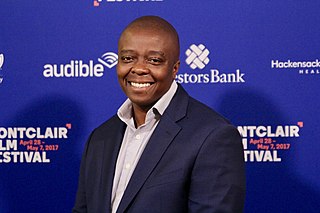A Quote by Max von Sydow
It often disturbs me, when I see a film set in a historical time, that the people are too modern.
Related Quotes
For film, I think because it's more detailed, and especially with historical material, you really have to find the right projects. Speaking as a mixed-race woman, there aren't many historical stories about people like me. When people think of 'dual heritage,' they think it's a modern concept, but really it's not.
I don't usually see what I've done. I don't often watch the film or watch the show. It's really about that experience on-set and within the scene. Because later, when the film comes out or the show comes out it's the editor's realm or the director's realm. But that moment on set, that's that electricity between me and another actor, and that's really what excites me.
It is easy to see, though it scarcely needs to be pointed out, since it is involved in the fact that Reason is set aside, that faith is not a form of knowledge; for all knowledge is either a knowledge of the eternal, excluding the temporal and historical as indifferent, or it is pure historical knowledge. No knowledge can have for its object the absurdity that the eternal is the historical.
I think that I probably break on set more than I make other people break. I've realized recently that, in my everyday social life, I'm a very easygoing person, but when it comes to work, I'm pretty type - A. I'm very focused and I take it maybe too seriously sometimes. So, when I'm on set, even when there are really funny people that I'm in the scenes with, I'm generally good at not breaking too often.




































